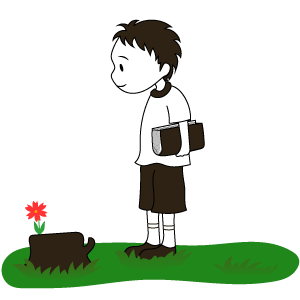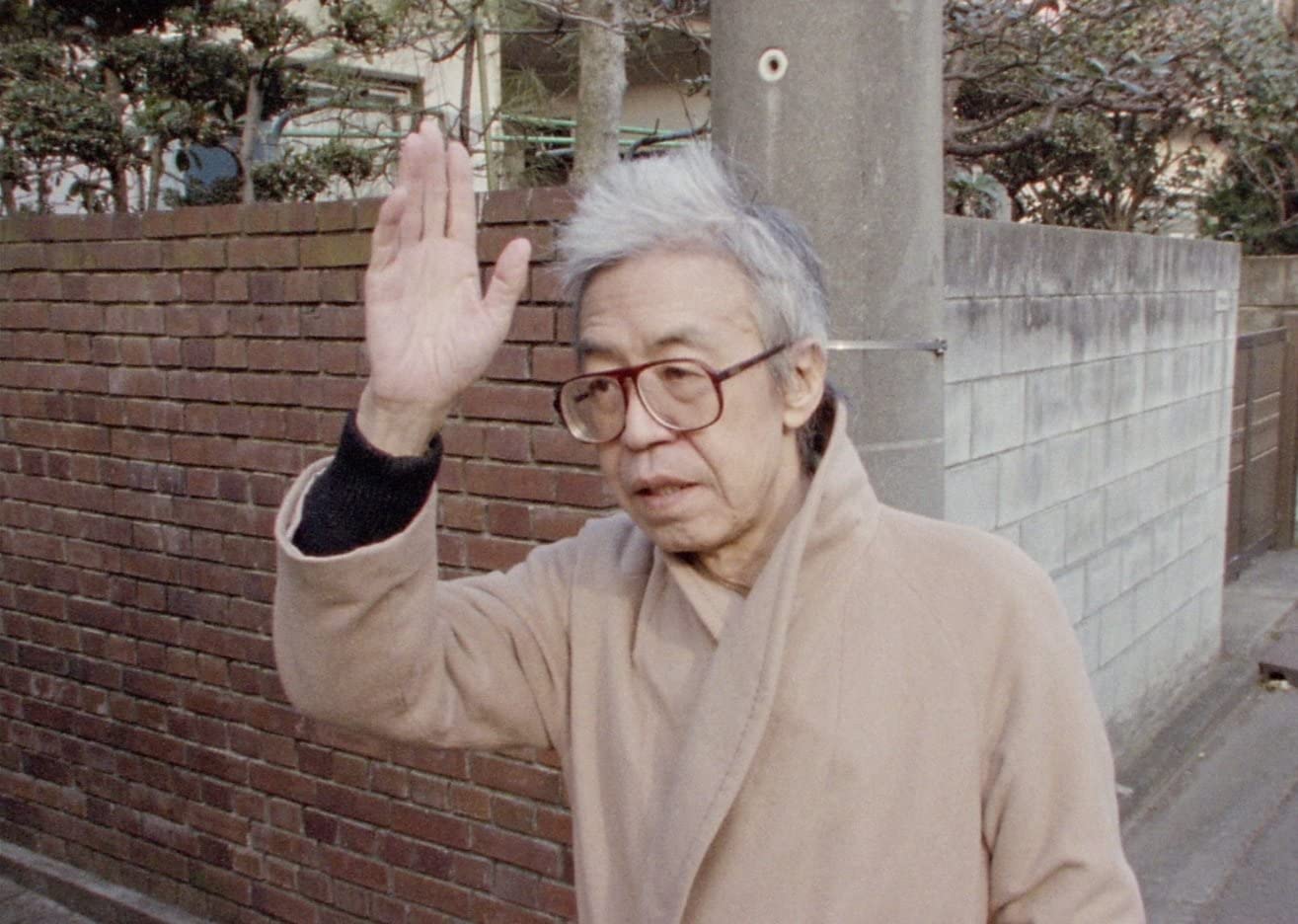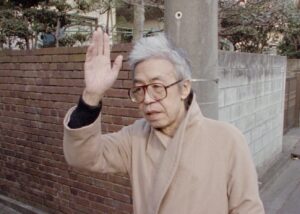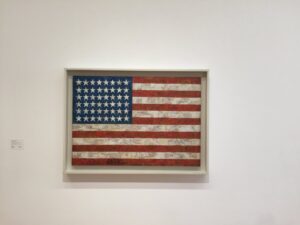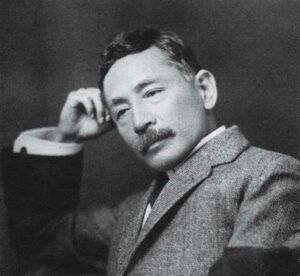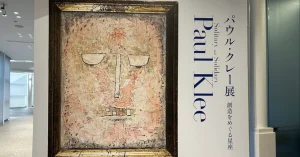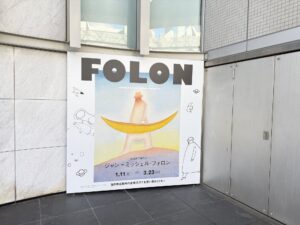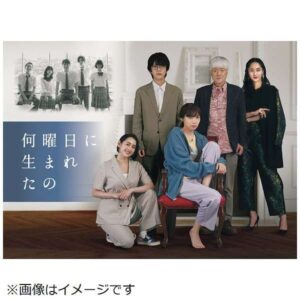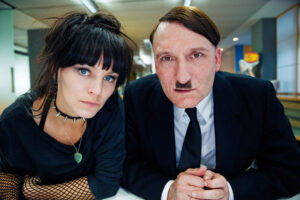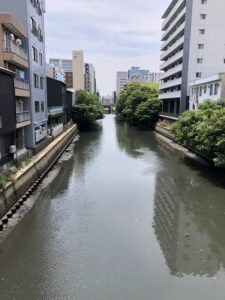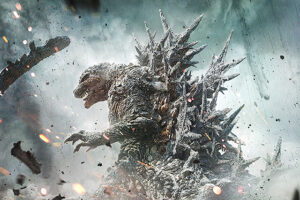This is a documentary film (a bit old) that I wanted to watch after reading the Note feedback from a person I follow.
The content of the film closely follows the last years of a writer named Mitsuharu Inoue, but in fact I have not read any of his books (I may have read them, but I don’t remember).
The only other thing I am aware of is that he was close to the late Jakucho Setouchi.
But most of all, I was attracted by the attractive title, “Full-Body Novelist.
I have seen most of the movies featuring novelists, both foreign and Japanese, so I watched this one with high expectations.
I imagined from the title that the character would be stoic and devoted to the world of literature, but I was pleasantly surprised to find that I was wrong.
Perhaps if I had not written the novel, I would have probably had a different impression of him. (Please refer to Wikipedia, etc. for the synopsis, etc.).
Incidentally, this writer, Mitsuharu Inoue, has done all the things in the play that would ruin him as a writer, as described in “To the Unseen Writer” written by writer Kenji Maruyama.
Drink alcohol guzzling. Make a group of literary cronies. He keeps female fans close by. Then, he gathers them together and talks about what he wants to say (including falsehoods) in a comfortable manner and takes pleasure in it.
Not only his novels, but also his personal history and saga told to them are lies. They are fictions. In that sense, they were truly full-body novelists.
However, even though he was portrayed in this way, as a novelist, I felt deep sympathy for Mr. Inoue himself (because I am also a type of liar without being aware of it).
What I was interested in was the way he was portrayed. The director is the same person who once made the famous film “Yukiyuki de Kamigun” (“Yukiyuki de Kamigun”). I understand the director’s intention of exposing the truth about the career of the novelist Mitsuharu Inoue, but the way he portrayed the writer Mitsuharu Inoue was full of teasing and exposition, and I did not feel any respect for him.
I felt the same way about the documentary film “Looking for Yutaka Ozaki.
I have always thought that documentary films should be based on a minimum of respect for the characters they feature, unless they are really bad guys.
In this documentary film, I could only think that the filmmakers wanted to expose novelists, who have to live by lying as if it were a profession or an occupational disease, as human beings who are no good.
In my opinion, being a novelist is not a business or a profession (although it can be). It is a mental struggle to somehow survive the harshness of life, armed with the truth that you have grasped.
I believe that this is not so much a way of life as an attitude toward life. I am sure that such a feeling exists not only among novelists but also among documentary filmmakers.
As Soseki Natsume said in his literary treatise, when portraying a certain character, the more sensitive the content, the more it must show goodness, beauty and Chuang (Chuang is Soseki Natsume’s original) in addition to the truth, or else it will just fall into an ugly “mundanity”.
Am I the only one who thinks that exposing the truth is unconditionally right, which is no different from the act of exposing other people’s private lives that is so popular nowadays?
I’m sorry, I haven’t written an article in a while this time, and I’ve become a bit harsh.
See you soon.
